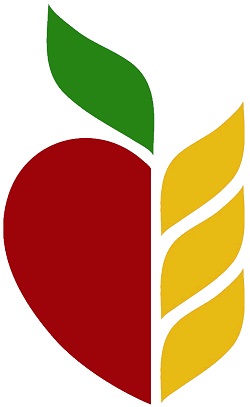
BISMARCK, N.D. (NewsDakota.com) – The North Dakota Department of Health (NDDoH) and the American Cancer Society North Region reports that the percent of teens in North Dakota receiving the first dose of human papillomavirus (HPV) vaccine has increased from 72.5% in 2017 to 76.7% in 2018 according to information released yesterday by the Centers for Disease Control and Prevention (CDC).
“HPV vaccination is cancer prevention,” said Shannon Bacon, health systems manager with the American Cancer Society. “Each year in the U.S., it’s estimated that more than 33,000 men and women receive a diagnosis of cancer caused by HPV. Most of these cancers could be prevented with HPV vaccination. In addition, vaccination could help hundreds of thousands of women avoid having to undergo treatment for cervical precancers each year.”
The HPV vaccine achieves the most complete protection against HPV cancers when the series is completed before age 13. HPV vaccine is recommended for boys and girls starting at age 11. If the series is started before the 15th birthday, only two doses are recommended. If the series is started at age 15 or older, then three doses are recommended.
“Data shows that most North Dakota teens are starting the HPV vaccine series, however, more work needs to be done to be sure that teens are completing the series,” said Molly Howell, immunization program manager with the NDDoH. “Only 63.6% of North Dakota teens received all of the recommended doses to be protected from HPV-related cancers. Parents should ensure that their children are brought back for a second dose.”
“The HPV vaccine is safe and effective,” said Howell. “Studies continue to prove that HPV vaccination is effective, decreasing the number of infections and HPV precancers in young people since it was introduced. More than 270 million doses of the HPV vaccine have been distributed worldwide, with more than 100 million doses in the U.S. Like with all vaccines, HPV vaccine safety is constantly monitored through surveillance and reporting systems, and these systems continue to show that HPV vaccination is safe.
Cost should not be a barrier to getting HPV vaccine or other vaccines. Children who are American Indian, on Medicaid, uninsured or whose insurance does not cover vaccines can receive vaccine at no cost through the Vaccines for Children Program (VFC). Contact your health care provider or local public health unit if you believe your child could be eligible for VFC vaccines.
For more information about HPV vaccination and rates, contact Molly Howell, NDDoH, at 701-328-4556, or visit the website atwww.ndhealth.gov/immunize.
